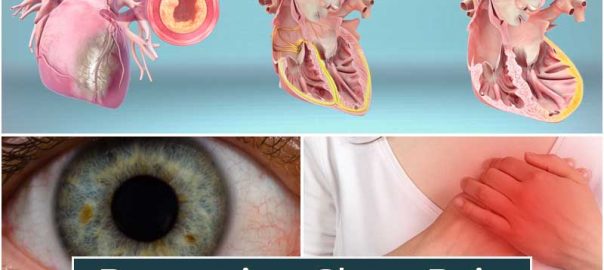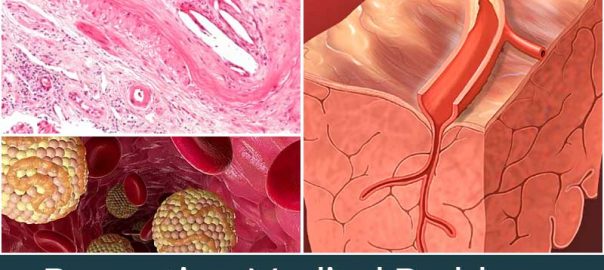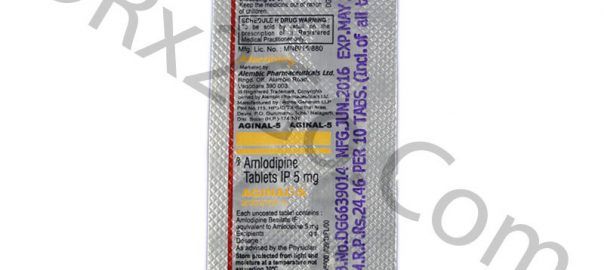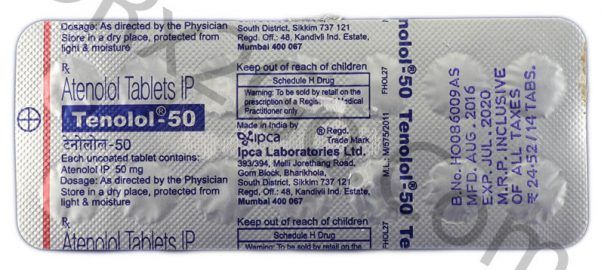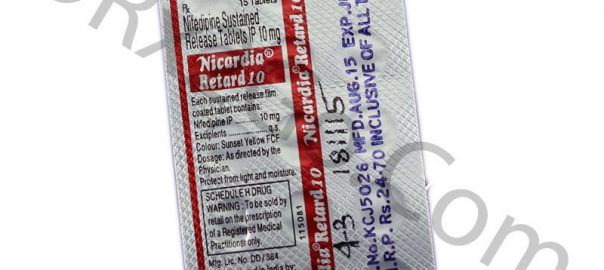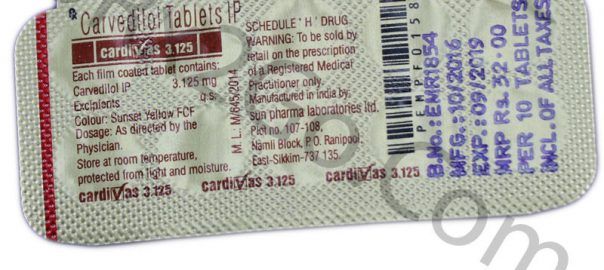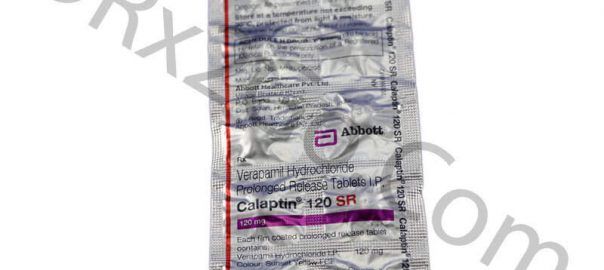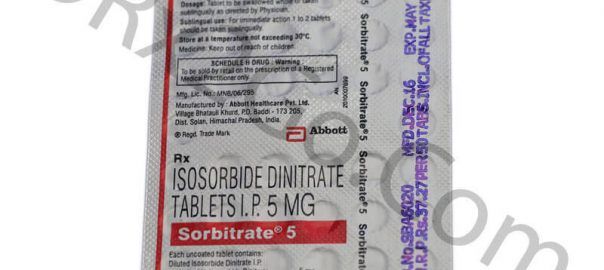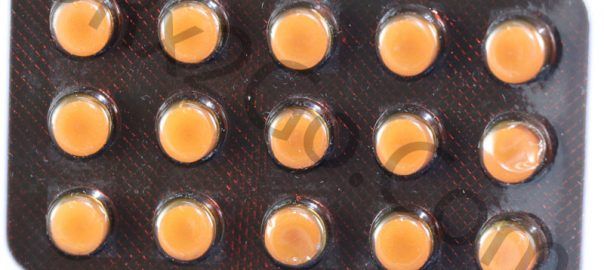Amlodipine is an oral calcium channel blocker that is primarily used in lowering the blood pressure. It is also used in treating chest pain or angina including variant angina or Prinzmetals, and other conditions caused by coronary artery diseases.
High blood pressure is a common condition but when left untreated, it can cause damages to the brain, heart, blood vessels and kidney. Lowering the blood pressure can help prevent heart attack, stroke, kidney problems, loss of vision and other health problems.
As a calcium-channel blocker, Amlodipine works by relaxing and widening the blood vessels. It acts directly on the muscle cells found in the walls of the arteries which cause the muscles to relax and get wider. By widening and relaxing the blood vessels, amlodipine reduces the workload of the heart in pumping blood throughout the body thus preventing also angina attacks or chest pain. When your heart doesn’t get enough oxygen this causes an angina attack or chest pain. It controls chest pain by increasing the blood supply to the heart. Amlodipine helps improves the flow of blood supply to the heart muscle causing the heart muscle to pump blood effortlessly thus reducing the blood pressure.
In addition to taking medications, lifestyle changes help also help control your blood pressure and chest pain. These changes include eating a healthy diet, exercise, maintaining a healthy weight, drinking moderately and not smoking.
How to Take Amlodipine?
The typical dose of amlodipine is 5 mg a day. Your doctor may increase your dose to 10mg a day if your chest pain and blood pressure aren’t controlled well enough. You can take your dose at any time of the day. You can take it either with or without food, on an empty or full stomach.
To help you remember, take it at the same time each day. You may need to take your medication on a long-term basis in order to help manage your blood pressure and to prevent an angina attack. For a missed dose, take it as soon as you remember. Do not take two doses to make up for the missed one.
What are the side effects of Amlodipine?
Medicine can affect people in many ways. The following are common side effects of amlodipine:
- Headache
- Flushing
- Shortness of breath
- Feeling tired or dizzy
- Feeling sick
- Abdominal pain
- Palpitations
- Indigestions
- Diarrhea
- Fluid retention that causes swelling of ankle or edema
Uncommon side effects are:
- Vomiting
- Dry mouth
- Hair loss
- Tremor
- Ringing sensations in the ears
- Low blood pressure
- Cough
- Abnormal heartbeat
- Enlargement of the breast in men
- Muscle and joint pain
- Enlargement of the gums
- Nasal inflammations causing running nose
- Feeling unwell or weak
- Mood changes
Very rare and serious side effects are:
- Chest pain
- Severe stomach pain
- Swelling of face, lips, tongue, throat
- Unusual bruising or bleeding
- Signs of liver problems such as yellowing of the skin and eyes
Health’s Safety
Amlodipine is not suitable for:
- Patients who are suffering from an on-going angina attack.
- Patients with unstable angina or angina that are getting worse or angina lasting longer.
- Patients who are allergic to any of the ingredients of the medicines.
- Patients with cardiogenic shock or failure of the heart to maintain adequate circulation of blood.
- Patients with aortic stenosis or narrowing of the main artery in the heart through which blood is pumped to the rest of the body.
Lower doses are required for those with:
- Liver problems
- Elderly people
- Patients with heart failure
- Children
Amlodipine is not a cure for hypertension and angina. It only works in preventing chest pain but it does not stop chest pain once it starts. Your doctor may prescribe you other medications when you have on-going chest pain. Do not stop taking amlodipine even if you feel well. If you stop taking your medication your blood pressure will likely rise and your chest pain attack may get worse or may happen more often.
As a blood pressure lower medication, Amlodipine can make you feel dizzy, tired and sleepy. It’s best to avoid drinking alcoholic beverages if you are affected in this way as alcohol can worsen your condition. Avoid doing potential activities like driving or operating machinery. Avoid drinking grapefruit juices as this can potentially increase the amount of amlodipine in your body and so increase the risk of getting side effects.
If you feel flushed or get a headache during the first few days of using amlodipine, do not worry as this will just go away after a few days. If your condition becomes troublesome, let your doctor know. If you feel dizzy, let it pass by lying down until the symptoms pass. If you develop chest pain after taking your dose, do not take a further dose and contact your doctor. If you experience swelling of the limbs, then this medication is not good for you. Your doctor may recommend alternative anti-hypertensive medication that works best for you.
The safety of this medication for use during pregnancy has not been well established. Your doctor will determine whether this medication is essential for controlling your condition or not. Your doctor will discuss to you the potential risk and benefits you’ll get from taking amlodipine. Before taking this drug, tell your doctor if you are pregnant or breastfeeding or planning to become pregnant.
Why Buy Amlodipine?
Amlodipine is an effective anti-hypertensive medication suitable for most adults and children 6 years and older. It was approved for medical use since 1990 by the World Health Organization. It’s one of the safest and most effective medicines needed in the health system.
Amlodipine is the first-choice medication for high blood pressure. It is particularly effective in lowering systolic blood pressure making it a good medication for older patients who often get high systolic blood pressure. It may be used if other medications are not enough for treating hypertension or heart-related problems. It lasts longer than other calcium blockers which keep the blood pressure consistent without ups and down.




